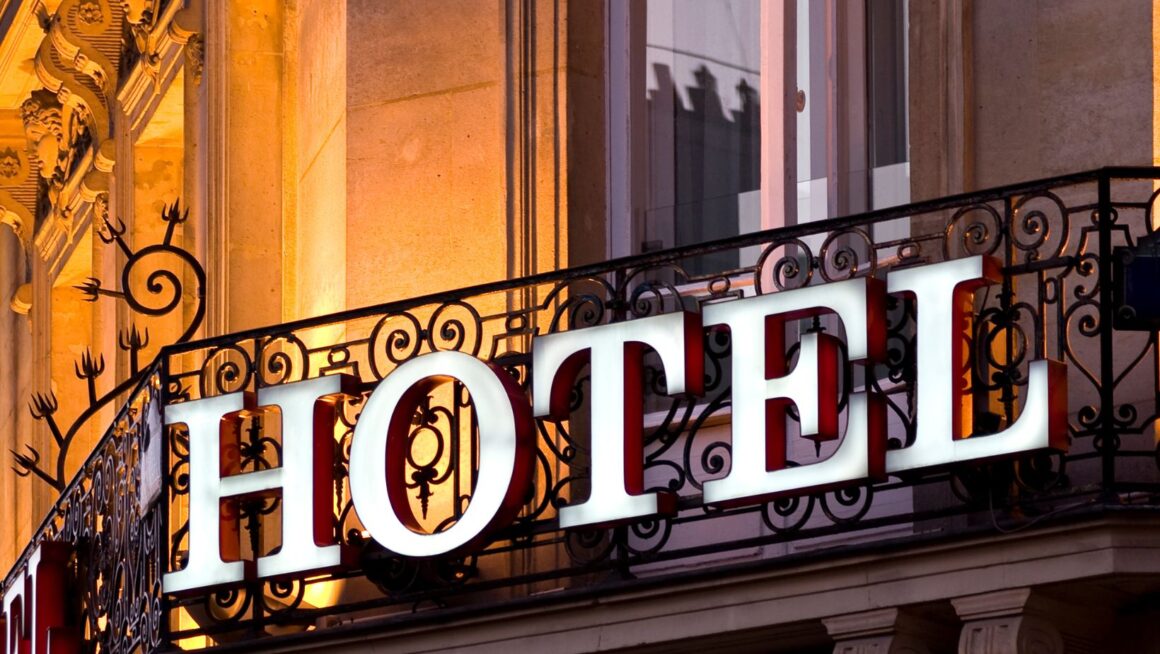Operating a hotel involves juggling numerous responsibilities, from managing staff and guest satisfaction to maintaining the property and ensuring smooth daily operations. One crucial aspect that hotel owners can’t afford to overlook is comprehensive insurance coverage. With so many potential risks, securing the right types of insurance is essential to protect both the hotel’s assets and its reputation. In the competitive world of hospitality, the right hotel insurance can safeguard against significant financial losses and keep your business running smoothly in times of crisis.
Property Insurance
Property insurance is one of the most important types of coverage for any hotel. It protects the physical structure of the hotel, as well as the contents inside, such as furniture, fixtures, electronics, and inventory. Common threats that property insurance covers include fire, theft, vandalism, and some natural disasters. Given that hotels contain valuable assets and house guests’ personal belongings, any loss or damage could lead to severe financial consequences if not properly insured.
For hotel owners, property insurance provides peace of mind knowing that in the event of significant damage, the policy will cover the cost of repairs or replacements, allowing operations to resume as quickly as possible.
General Liability Insurance
General liability insurance is essential for hotels due to their constant interaction with guests, vendors, and the public. This type of insurance provides coverage for third-party claims of bodily injury, property damage, or personal injury. For example, if a guest slips on a wet floor and suffers an injury, the hotel could be held responsible for medical expenses, legal fees, and potential settlements.

In addition to accidents on the premises, general liability insurance can protect the hotel from other risks, such as defamation or advertising-related claims. This coverage acts as a safeguard against the high costs of lawsuits, which could otherwise drain a hotel’s resources and damage its reputation.
Business Interruption Insurance
Unforeseen events, such as fires, floods, or natural disasters, can cause a hotel to temporarily close, resulting in a loss of revenue. Business interruption insurance helps protect against these financial losses by compensating the hotel for lost income during periods when it cannot operate due to a covered event.
This insurance is particularly important for hotels, where operational downtime can lead to significant financial strain. Business interruption insurance ensures that ongoing expenses like rent, payroll, and utilities can still be met while the hotel recovers from the event, preventing long-term financial damage.
Workers’ Compensation Insurance
Hotels are labor-intensive environments, with employees performing various physical tasks such as housekeeping, maintenance, and food service. Workers’ compensation insurance is essential for covering the costs associated with work-related injuries or illnesses that employees may suffer while on the job. This includes medical expenses, rehabilitation costs, and a portion of lost wages if the employee is unable to return to work for an extended period.
Workers’ compensation insurance not only benefits employees but also protects the hotel from potential lawsuits arising from workplace injuries. Most states mandate this type of coverage, making it a non-negotiable aspect of hotel insurance that promotes the health and safety of staff.
Cyber Liability Insurance
In today’s digital landscape, hotels are increasingly reliant on technology to manage bookings, process payments, and store sensitive customer information. This reliance on digital systems makes hotels prime targets for cyberattacks and data breaches. Cyber liability insurance helps cover the costs associated with data breaches, including legal fees, notification expenses, and regulatory fines.

A data breach can severely damage a hotel’s reputation and lead to financial losses if customer information is compromised. Cyber liability insurance ensures that the hotel can respond swiftly to these incidents, minimizing the fallout and protecting both the business and its guests from long-term harm.
Running a successful hotel requires careful planning, and securing comprehensive insurance coverage is one of the most important steps an owner can take to protect their business. From property insurance to cyber liability insurance, each policy plays a crucial role in safeguarding the hotel against various risks.



